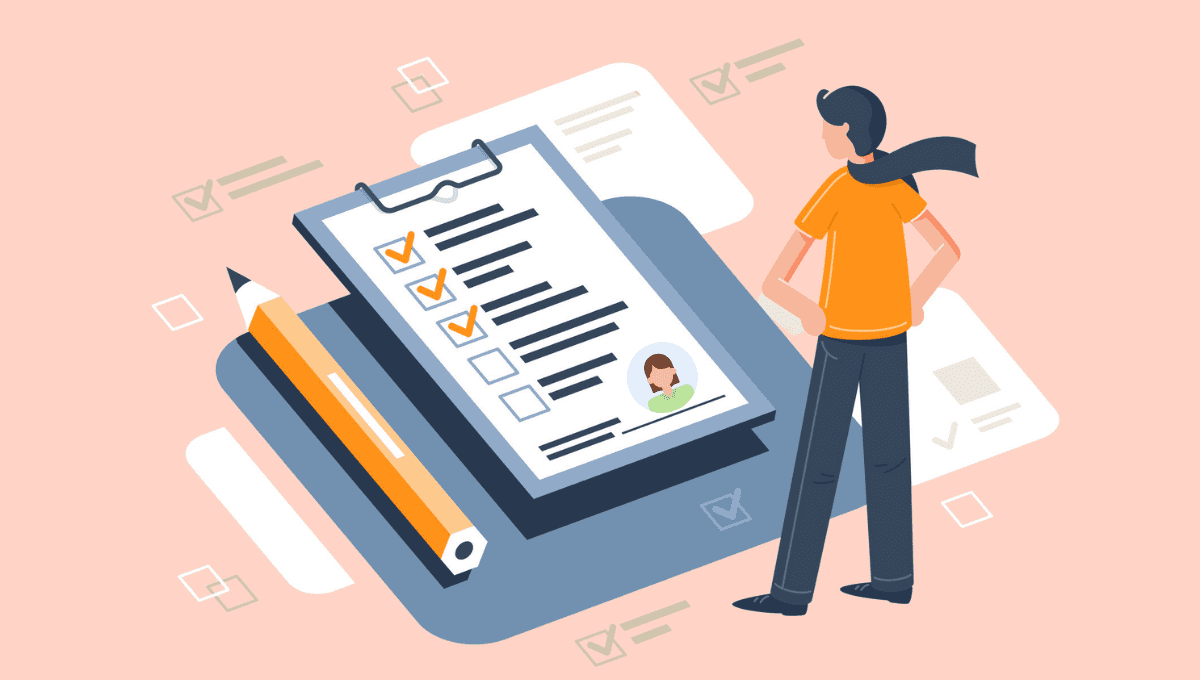In today’s fast-paced, interconnected workplaces, the level of teamwork plays a critical part in determining the overall success and satisfaction of employees. A well-functioning, cohesive group can produce remarkable outcomes, create a positive workplace culture and promote individual and collective improvement. Individuals and organizations are increasingly recognizing the importance of teamwork, and turn to tools such as TeamDynamics. These instruments offer insights into the dynamics of team members, and use personality tests to encourage an intentional and productive collaboration.

The essence of team dynamics is:
The dynamics of the team are the interactions, behaviors and relationships that determine the effectiveness of the team. If teams function effectively, they are able to accomplish more than a single person could. The dynamics of a team influence the team’s ability to communicate, take decisions and resolve conflicts. This also affects the overall morale, motivation, and the performance of team members.
Teamdynamics is a software that is used to build a team which works in a team.
TeamDynamics is a tool that can be used by those and groups who believe that effective teamwork will transform lives, was designed to help them achieve this. It goes beyond merely assembling the members of a group and delve into the distinctive personality and dynamics that determine the way teams function as together. TeamDynamics lets teams and organizations managers to gain insights into the strengths, weaknesses and ways of communication among team members. This can help them improve team performance and create an atmosphere of collaboration, and a mutually supportive environment.
The importance of personality tests in the team members:
The personality tests for teams are a crucial component of TeamDynamics. These tests give a better understanding of each team member’s individual personality, preferences and behaviors. By identifying each team member’s unique traits, teams can make use of the variety of personalities to benefit themselves, ensuring that roles are assigned in a strategic manner and that collaboration and communication are optimally facilitated.
Building high-performing, cohesive teams:
One of the primary goals of team dynamics and personality test for teams is to create cohesive and high-performing teams. Understanding the various personalities in teams allows the team leader to customize their leadership style and communication strategy to suit the needs of their team members. Introverted team members may require different feedback and recognition in comparison to those who are outgoing. By recognizing and accommodating these different requirements managers of teams can create an inclusive and supportive environment where each member can thrive.
Resolving conflicts and improving communication:
Conflicts within teams are inevitable, but the manner in which they are resolved could affect the team’s dynamics and productivity. Personality tests can provide insight into potential areas of conflict and give guidance on how to handle them effectively. Understanding the communication styles and preferences can assist team members in a more open, respectful and collaborative communication. This will result in faster resolution of conflicts and stronger team relationships.
The ability to increase team creativity and ingenuity:
Diverse groups that include people from different backgrounds are usually more innovative and creative. The complementary skills and perspectives offered by different personalities could create innovative solutions and concepts. Team leaders can take advantage of personality tests to form well-rounded teams that capitalize on the strengths of each person and create a culture of imagination and creativity.
Employee engagement and satisfaction can be improved:
The level of satisfaction and engagement of employees is more likely to be greater when a team recognizes and values each member’s contribution. When employees feel respected loved, acknowledged, and valued for their work and contributions, they are more likely to feel committed to their work and in the overall success of the group. TeamDynamics helps create a supportive and positive team culture, which leads to greater job satisfaction and lower turnover.
The evaluation of the team’s performance and progress
Continuously reviewing team dynamics and tracking progress can help identify areas of improvement and celebrate team accomplishments. Leaders of teams can use the insights from personality tests in order to redefine roles, optimize collaboration, or alter the strategies of teams. Through continuous monitoring of team dynamics teams can adjust to shifts in the workplace and industry or even the goals of the organization and remain flexible and resilient to meet challenges.
The importance of well-performing and well-integrated teams in the ever-changing environment of work cannot be overemphasized. The dynamics of teams and the personality tests have proven to be powerful instruments to unlock the secrets to successful teamwork. Through understanding and embracing the distinctive personalities in a team, organizations can improve collaboration, encourage creativity and create a culture that makes employees feel valued and engaged. As TeamDynamics is gaining momentum and is set to become a key tool for individuals and businesses committed to intentional and rewarding collaboration. Assessments of personality and team dynamics can help you build a strong teamwork.
